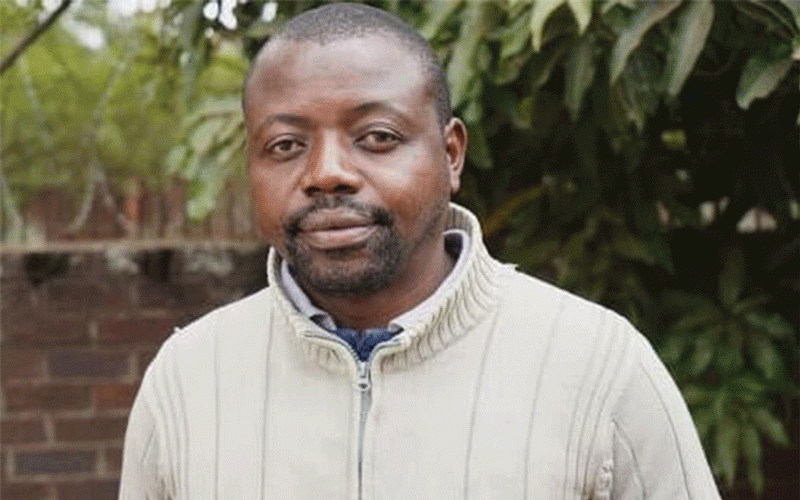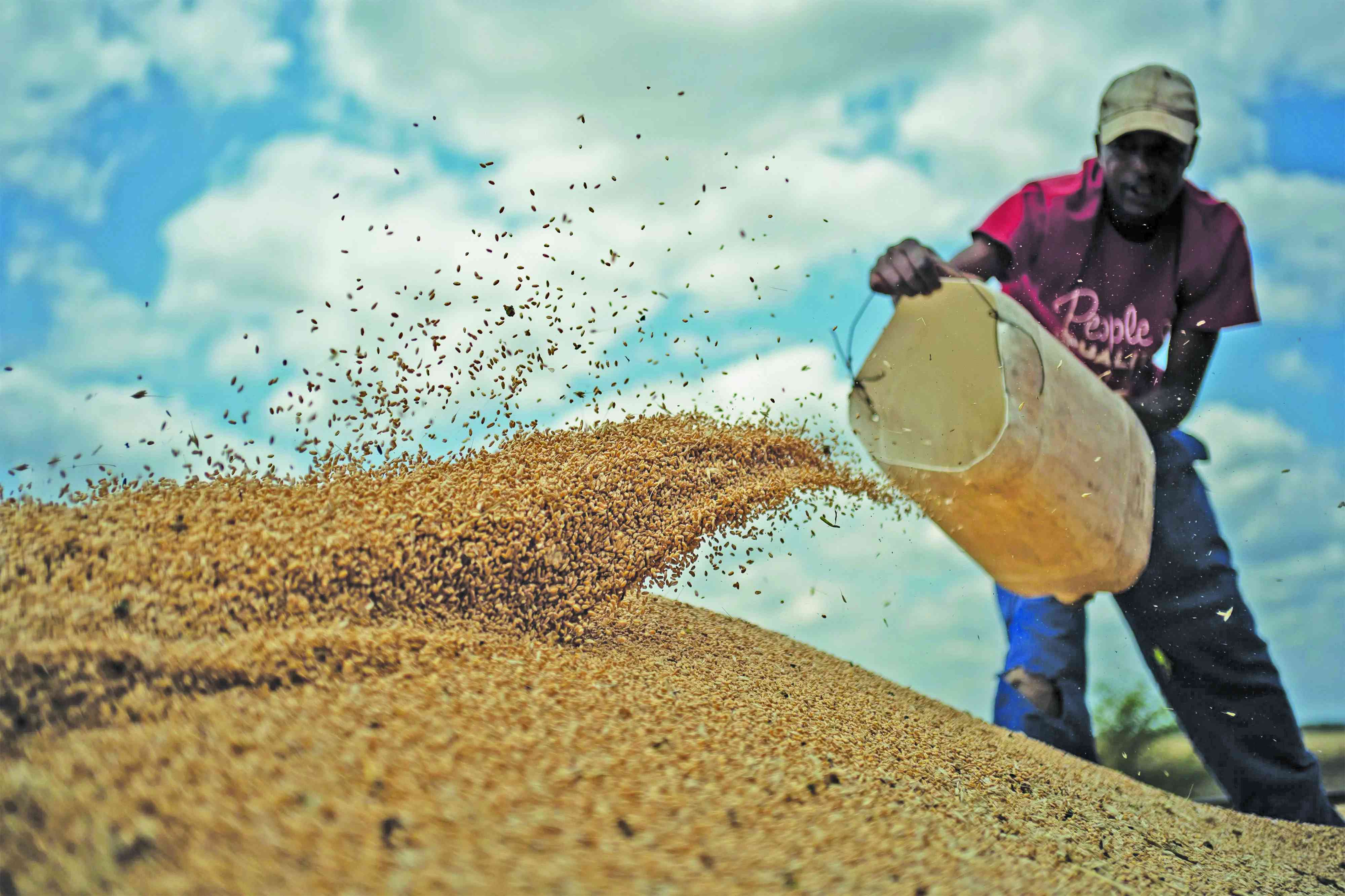
It always feels good to meet childhood friends and remind each other of the olden days. This after nearly 25 years and anyone would love the good old days free from the politics dominating news. Wisdom Mdzungairi
As expected, we discussed elections, events of the past week — MDC-T leader Prime Minister Morgan Tsvangirai’s Constitutional Court challenge, which he withdrew midstream. The Premier said his party was contesting the election results as “a formality”, saying he believed the courts would not rule in its favour.
My olden friends debated the merits or demerits of the matter as conventional wisdom would demand and prospects of violence. I was, however, jolted by a “metastudy” of 60 other studies suggesting that there is a clear link between the climate and violence.
Yes, global warming is raising the spectre of more conflict, especially in Africa.
Violence in Somalia has killed at least 21 000 people since the start of 2007 and driven another 1,5 million from their homes, helping trigger one of the world’s worst humanitarian emergencies. This situation could spread to other parts of Africa, including Zimbabwe. Ironically, no human governance system is sure to guarantee peace and tranquillity on the continent.
Now that the bulk of the countries are facing a governance crisis in one way or another, is there any leader with “freeness of speech” to challenge what the other is doing — that is not right? The truth of the matter is if global warming proceeds at this rate unabated, indications are that peacemakers are likely to be in great demand by 2050. This is the implication of the new analysis exploring the links between climate change and conflict. What caught my attention is that the work represents the first attempt to survey a burgeoning number of studies on the subject to see if they point in a common direction and to quantify the overall effect the studies identify.
The scientists conducting this “metastudy” estimated that if greenhouse gas emissions from human industrial activity followed the business-as-usual path, and especially if people responded to changing climate in the future in much the same way they have throughout human history, warmer temperatures could significantly increase the risk of tribal, ethnic, or civil wars, as well as battles between countries.
The largest increase in risks appears in countries in the tropics, where people are expected to bear the brunt of climate change. Significantly, warmer temperatures and increases in extreme rainfall could push the risk of so-called group conflict up by 56% over today’s risk. The risk of friction among individuals could rise by 16%, the study implied.
- Chamisa under fire over US$120K donation
- Mavhunga puts DeMbare into Chibuku quarterfinals
- Pension funds bet on Cabora Bassa oilfields
- Councils defy govt fire tender directive
Keep Reading
The researchers caution that climate clearly is not the only factor at work. Not all climate events affect all conflicts. Nor does a changing climate alone determine whether conflicts will occur.
The new questions are why, and how heavily does climate influence conflict compared with other influences, such as personal or national wealth, political stability within a region or country, or how governments respond to migration within or across their national borders.
There’s a widely held assumption that climate change will have horrific consequences, not only for the environment, but also for its inhabitants. As resources become more scarce, the logic goes the number of violent conflicts across Africa will increase.
At first glance, the claim would seem to make sense. And yet for the last 20 years, scientists have reportedly been debating the question as to whether global warming necessarily makes conflict more likely.
But there is a problem. As Akerloff and Shiller pointed out: “There are changes over time in the prevalence of bad faith economic activity that while technically legal, has sinister motive . . . Capitalism has at least one downside. It does not automatically produce what people really need; it produces what they think they need, and are willing to pay for. If they are willing to pay for real medicine, it will produce real medicine. But if they are also willing to pay for snake oil, it will produce snake oil.”
What seems like a rational solution to the problem from a game theory point of view doesn’t take into account the political context and structures in which economic systems are embedded. The nation-state is the only force that can curb individual or corporate “rational egoist” behaviour to uphold the common good, in this case, to mitigate climate change. Deprived of a security mandate, territorial jurisdiction and enforcement mechanisms, these governments are politically weak institutions likely to be captured by self-serving extractive economic and political elites.
What, then, would be a more realistic or viable strategy? Climate change should be thought of as a “security dilemma”. When seen through this perspective, the key issue becomes not how to curb carbon emissions, but how to build a political coalition that can check the “animal spirits” of powerful extractive political and economic elites for the common good.
A security dilemma with regard to climate change therefore emerges when a given political system is trapped in double-bind reasoning. If a nation-state chooses to do nothing about climate change, a deteriorating environment will almost certainly lead to a national security crisis. If, however, the nation-state decides to act unilaterally against climate change, it is perceived to lose economic competitiveness with regard to other nation-states and thus its national security is undermined.
In that regard, Zimbabwe should decide its fate, after all!











